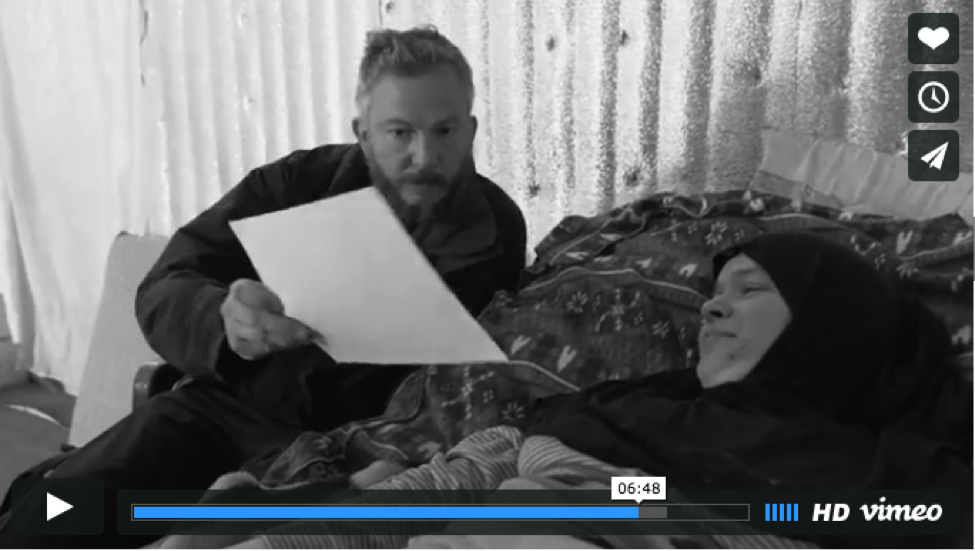
The Sky News deal is elegant in its ingenuity, but I doubt it will do enough to satisfy the critics of the full merger between Newscorp and BSkyB. Their fears were always about what Murdoch would go on to do with BSkyB rather than just the fate of one news channel.
In effect a kind of trust has been created for Sky News, which as I wrote before, sounds lovely but has potential down-sides for the character of Sky News. A trust works well for the Guardian and stately homes, but is it what we want for an news channel that is supposed to provide an alternative top the publicly-funded BBC? But that is a subtle and speculative caveat about what looks like a good deal for the journalists and journalism.
There are behavioural guarantees in the deal that mean, for example, that the editor of Sky News is decided by the board which will be dominated by ‘independent’ members.
The ownership of Sky News will remain largely independent but Newscorp with the biggest minority stake.
And there will be a ’10-year carriage agreement which will give the new company a substantial long-term revenue stream.’ Not even the BBC has that kind of deal. Certainly, ITN would kill for that kind of contract.
So Sky News appears to have been saved from becoming just another part of the Murdoch Empire. I would argue that technically it’s independence has been increased. Although it has to be said that Rupert has not always been very good at sticking to the spirit of these deals in the past. He has not turned into a political pussycat overnight.
But I think it is fair to say that Newscorp has gone further than it wanted to go in an effort to speed through what is a crucial business move for them. Yes, Jeremy Hunt has appeared to shift from earlier indications that he would refer the merger, but that is the nature of negotiations. If one party makes a concession then so does the settlement.
Beyond the Sky News deal, the wider media landscape has now shifted. Newscorp are delighted that they have avoided a lengthy and costly referal to the Competition Commision. But more important is that the proposed full merger will give them much greater clout in the broader media markets.
News may be the most ‘important’ bit of the media market in political terms. But economically it is peanuts compared to sport, films and entertainment. BSkyB is Britain’s biggest broadcaster in terms of turnover (£5.3 billion). When it comes under the full control of Rupert Murdoch and his family they will look even more like serious global media players. It is a context that makes the Sky News deal look rather minor.
There are a whole raft of questions that flow from this deal.
How should we manage decisions about media plurality in the future? It’s clear that it’s more of a political art than an economic or legal science.
How do we live with a media industry now dominated by two players, the BBC and Newscorp?
As convergence increases how will we deal with cross-platform mergers?
The process of this merger may not, in itself, have been a seismic shift in media ownership in the UK, but it is deeply significant. It has forced us to consider what kind of media we want. If nothing else, it shows us the political, economic and cultural importance of the media industries and the need for much more transparent policy-making in that area.
The decision will now go to a two-week consultation period. You can see the details of that here.



